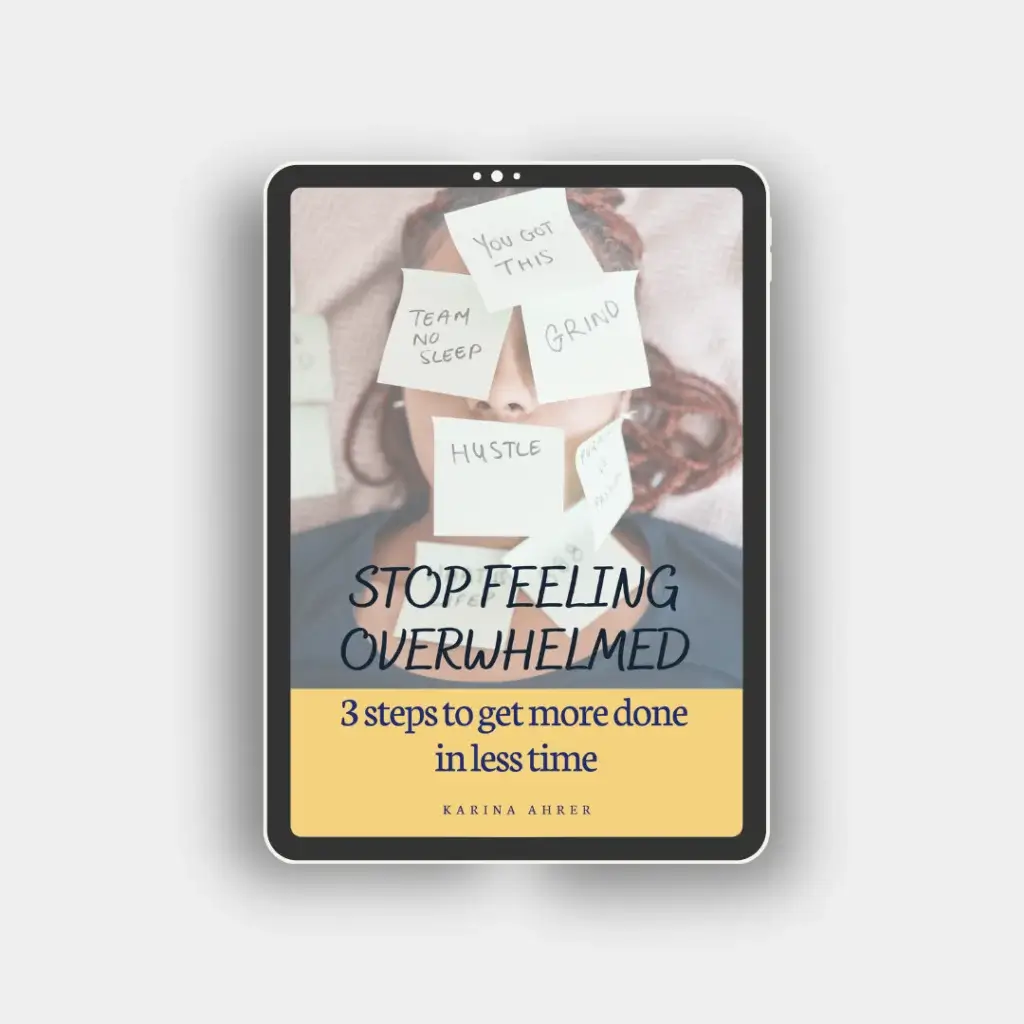This quote from Dieter Rams is the one I can’t get out of my mind anymore since I read the book “Essentialism: The Disciplined Pursued of Less” by Greg McKeow and it’s one of the best books I’ve ever read.
Weniger, aber besser. – Less But Better
Dieter Rams
Every person has a different interpretation of this quote, but I like to write about mine in this post.
My Take on less but better
Every now and then I have those situations which are prove to this principle. As I’m studying Architecture I always have semester projects and especially before the end submissions I always have a lot to do, but what I figured out (and what each Architecture student will figure out) is that you can’t make the project perfect because it doesn’t matter how long you have time to finish your project it will never be perfect because it is first subjective if the professor likes it or not and second there is always another level of detail you can get into.
For those projects the quote “Less but better” is important because I have to figure out what is possible in my time, what are the minimum requirements and then make the best out of the things you can achieve in this time. Simplicity and easy to understand is important for Architecture projects and that’s why this principle helped me a lot to focus on the main things to show them in an understandable way instead of working more on details that at the end are not finished to show in the end submission.
Essentialism / Minimalism
This strategy of essentialism helped me a lot the last year at juggling university, work and my voluntary work at a student organization. It helps me to prioritize and to organize all of it. I only have a limited time and in that time I pick the most important things of each topic and do that, instead of focusing on perfection in one topic, I focus on the most important parts of each project and than do that.
As described in the book it is important to find out the essence of each project, and the rest you can delegate or just don’t do because it’s not necessary for the success and you don’t have time for that.
“Less but better” is my favorite quote since then.
Another principle that helped me to look different on each project is the 80/20 principle or also known as pareto principle. Almost in all aspects of life there is an unbalance. The most famous example is the wealth inequality. In 2007 in the United States the wealthiest 20 % of the population had a net worth of 85%.
You can transfer that principle to all other things and projects. Around 20 % of the work or clients are responsible for around 80% of the result or income. This ratio can differ (90/10, 60/40) but almost nothing is balance 50/50.
Believe it or not, it is not only possible to accomplish more by doing less, it is mandatory.
Tim Ferriss
Take a look at the statistics of your projects, and you will see the unbalance. A great book to that topic is “The 80/20 principle”.
Thanks for reading! I’m also publishing this posts on Medium. Check it out here and support me and the writers by becoming a member
You are interested to read more about minimalism, project management and time management? Subscribe to my newsletter an stay tuned for a soon to be released book with tips.
Or you check out my book list with a lot of recommandations. You will find books about time management, life and financial freedom.








